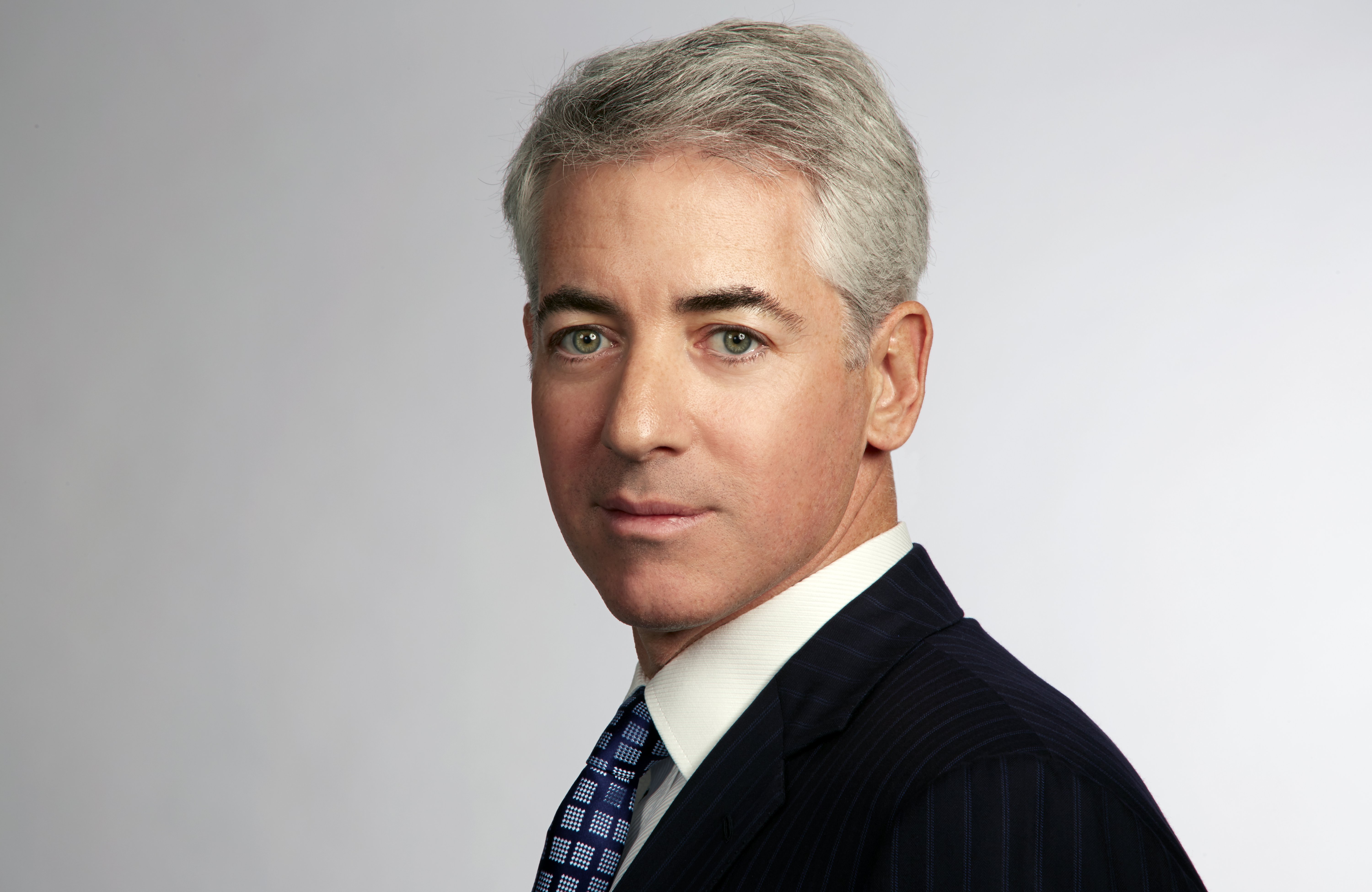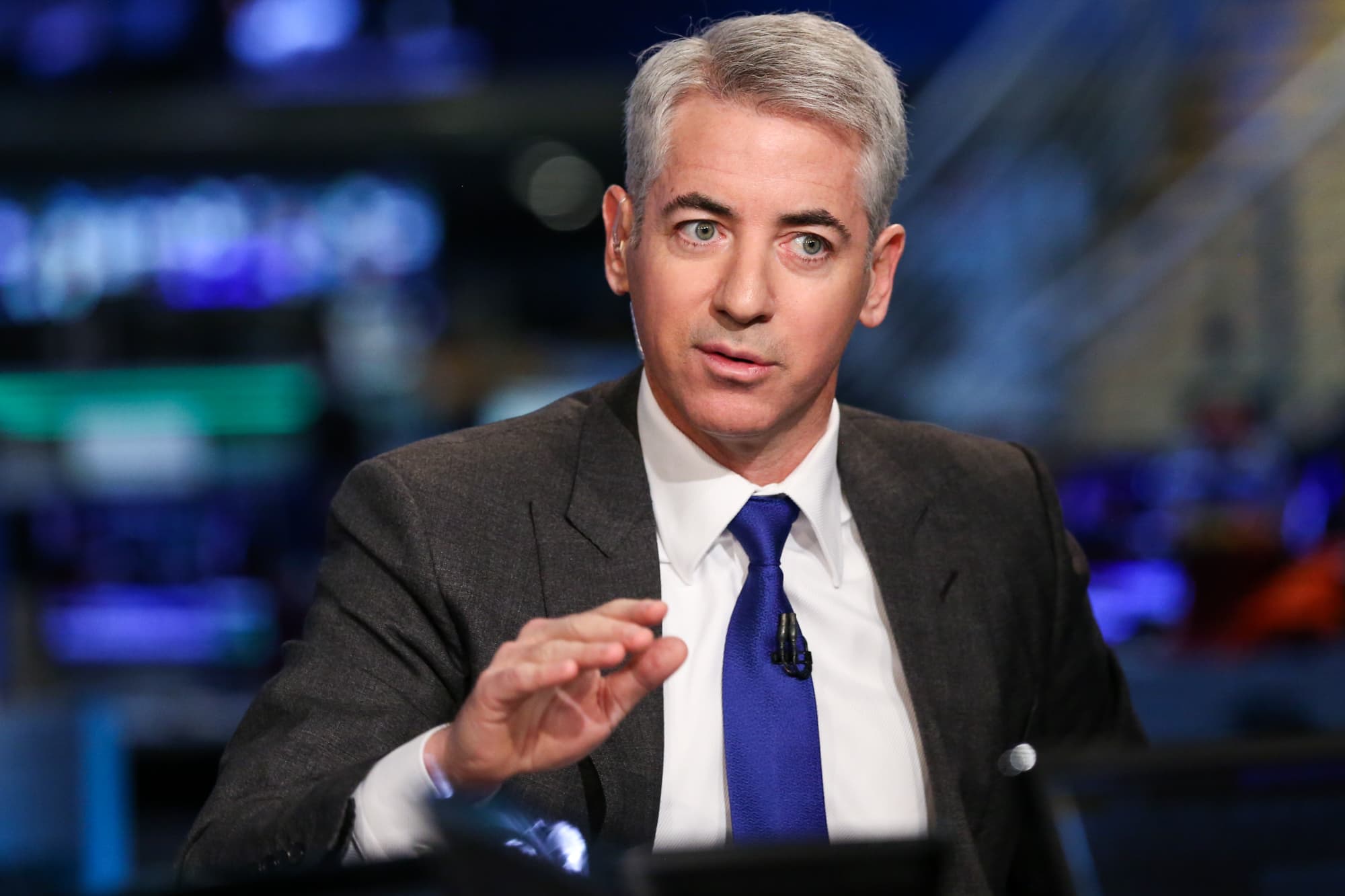Hedge Fund Management: Bill Ackman

Bill Ackman is an American investor and hedge fund manager. He is the founder and CEO of Pershing Square Capital Management, a hedge fund that invests in a variety of industries, including healthcare, consumer goods, and financial services.
Ackman’s investment philosophy is based on the idea of value investing, which involves buying stocks that are trading at a discount to their intrinsic value. He often takes large stakes in companies that he believes are undervalued and has a history of using activist investing to push for changes at companies he invests in.
Bill Ackman, a notable figure in the investment world, has been vocal about his concerns regarding corporate governance. In a similar vein, trainee IAS officer Pooja Khedkar has made headlines for her unwavering commitment to transparency and accountability in public service.
Her story resonates with Ackman’s belief that ethical practices are paramount for the well-being of society and the economy, underscoring the shared values that drive both the business and public sectors.
Investment Strategies
Ackman’s investment strategies have been successful over the long term. Pershing Square Capital Management has generated an average annual return of over 15% since its inception in 2003. Ackman’s most notable investments include Herbalife, Valeant Pharmaceuticals, and Chipotle Mexican Grill.
Bill Ackman, the activist investor, has been making waves in the financial world with his recent investments. Notably, his support for Glenn Youngkin’s gubernatorial campaign in Virginia has raised questions about his stance on Israel. Ackman’s involvement in the race has sparked speculation about his political ambitions, as he has been a vocal critic of the Biden administration’s economic policies.
Notable Investments
- Herbalife: Ackman famously shorted Herbalife, a multi-level marketing company, in 2012, betting that the company was a pyramid scheme. The short position was successful, and Ackman made a large profit when Herbalife’s stock price declined.
- Valeant Pharmaceuticals: Ackman invested in Valeant Pharmaceuticals in 2015, believing that the company was undervalued. However, the investment turned out to be a disaster, and Ackman lost a significant amount of money when Valeant’s stock price collapsed.
- Chipotle Mexican Grill: Ackman invested in Chipotle Mexican Grill in 2016, after the company’s stock price had declined due to a food safety scare. The investment was successful, and Ackman made a large profit when Chipotle’s stock price recovered.
Activist Investing
Bill Ackman is known for his activist investing approach, where he takes a significant stake in a company and then pushes for changes in its strategy, management, or operations. His goal is to unlock value for shareholders by improving the company’s performance and increasing its stock price.
Ackman’s activism often involves engaging with the company’s management, board of directors, and shareholders. He uses various tactics, including public letters, presentations, and shareholder proposals, to advocate for his views and build support for his agenda.
Case Study: Herbalife
One of Ackman’s most notable activist campaigns was against Herbalife, a nutritional supplements company. Ackman alleged that Herbalife was a pyramid scheme and that its stock was overvalued. He shorted the stock and launched a public campaign to expose the company’s alleged wrongdoing.
Ackman’s activism led to a multi-year legal battle between Herbalife and the Federal Trade Commission (FTC). The FTC eventually ruled that Herbalife was not a pyramid scheme but required the company to make changes to its business practices.
Case Study: JC Penney
Another high-profile activist campaign by Ackman was against JC Penney, a department store chain. Ackman took a large stake in the company and pushed for changes in its strategy, including closing underperforming stores and investing in e-commerce.
Ackman’s activism initially led to a surge in JC Penney’s stock price. However, the company’s performance later declined, and Ackman eventually sold his stake at a loss.
Impact on Corporate Governance and Shareholder Value
Ackman’s activist investing has had a significant impact on corporate governance and shareholder value. His campaigns have led to changes in the way companies are managed and have helped to increase transparency and accountability.
Ackman’s activism has also been controversial. Some critics argue that he is too aggressive and that his campaigns can damage companies. However, his supporters argue that he is a catalyst for change and that his activism has ultimately benefited shareholders.
Market Commentary and Predictions

Bill Ackman is known for his insightful market commentary and bold predictions. He often shares his views on current market trends, economic conditions, and specific sectors or companies.
Ackman has a track record of making accurate market calls. For example, he predicted the 2008 financial crisis and the subsequent market crash. He also correctly predicted the rise of Chinese stocks in the early 2000s.
Specific Predictions and Outcomes
- In 2020, Ackman predicted that the COVID-19 pandemic would lead to a recession. This prediction turned out to be correct, as the global economy contracted sharply in 2020.
- In 2021, Ackman predicted that inflation would rise significantly. This prediction also turned out to be correct, as inflation has been rising at its fastest pace in decades.
Views on Specific Sectors
Ackman is also known for his views on specific sectors. He is a strong believer in the long-term growth potential of the technology sector. He has also been a vocal critic of the healthcare sector, arguing that it is overpriced and inefficient.
Macroeconomic Factors, Bill ackman
Ackman also pays close attention to macroeconomic factors. He believes that the Federal Reserve’s monetary policy is a key driver of market trends. He has also been critical of the government’s fiscal policy, arguing that it is too expansionary.